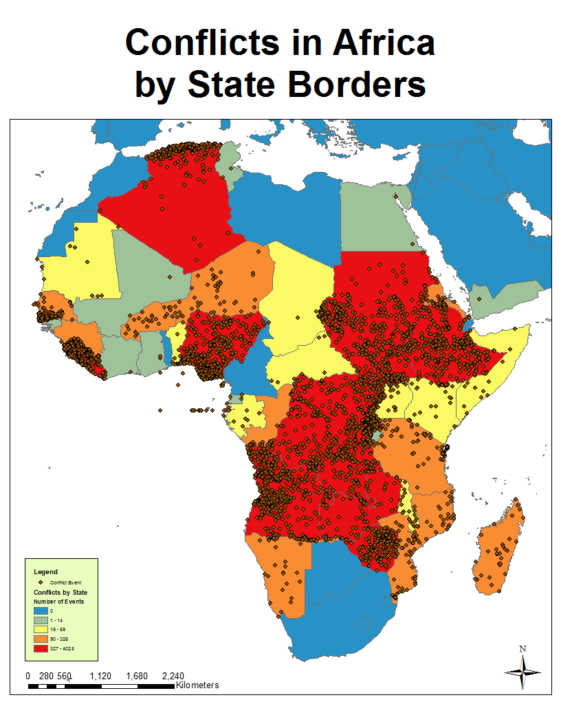
presidents have refrained from toppling enemies by force is a good thing. The 1990s bloodletting in Bosnia, Rwanda, and Somalia the post-9/11 Afghanistan and Iraq wars Sri Lanka’s murderous campaign against the Tamils and the collapse of Libya and South Sudan all happened at a time of-and, in some cases, thanks to-a dominant U.S.-led West. That recent U.S. For the most part, 21st-century wars are less lethal than their 20th-century predecessors.Ī more cautious United States might also have an upside. More local conflicts rage than ever, but they tend to be of lower intensity. Despite Russian President Vladimir Putin menacing Ukraine, states rarely go to war with one another. The number of major wars has also descended from a recent peak. According to the Uppsala Conflict Data Program, figures through the end of 2020 show battle deaths are down from seven years ago, mostly because Syria’s terrible slaughter has largely subsided. The number of people killed in fighting worldwide has mostly declined since 2014-if you count only those dying directly in combat. ambition on the global stage, COVID-19, and a climate emergency, it’s easy to see a world careening off the tracks.īut maybe one could argue things are better than they seem.Īfter all, by some measures, war is in retreat.

Capitol, horrific bloodshed in Ethiopia, a Taliban triumph in Afghanistan, great-power showdowns over Ukraine and Taiwan amid dwindling U.S. After a year that saw an assault on the U.S.


 0 kommentar(er)
0 kommentar(er)
